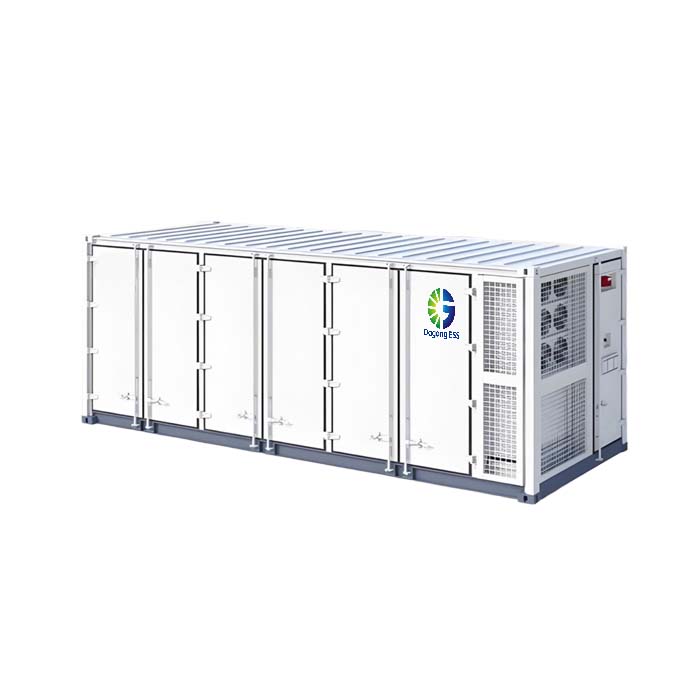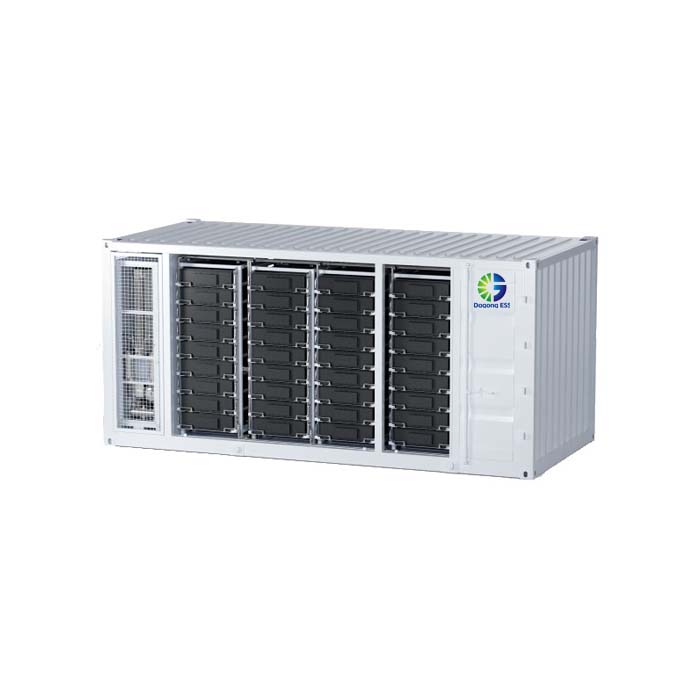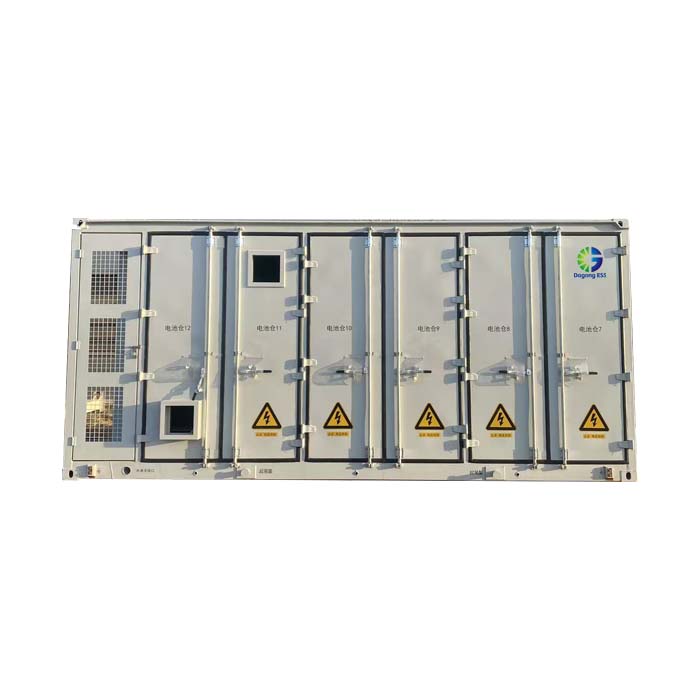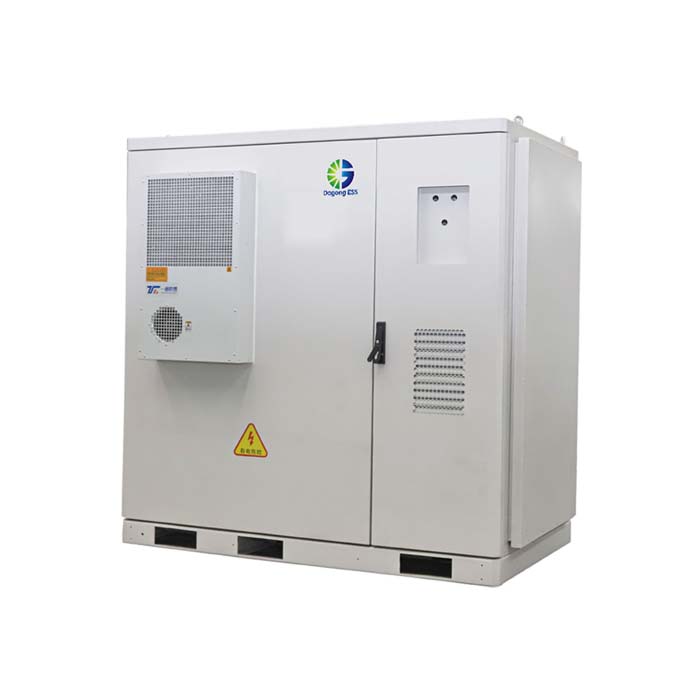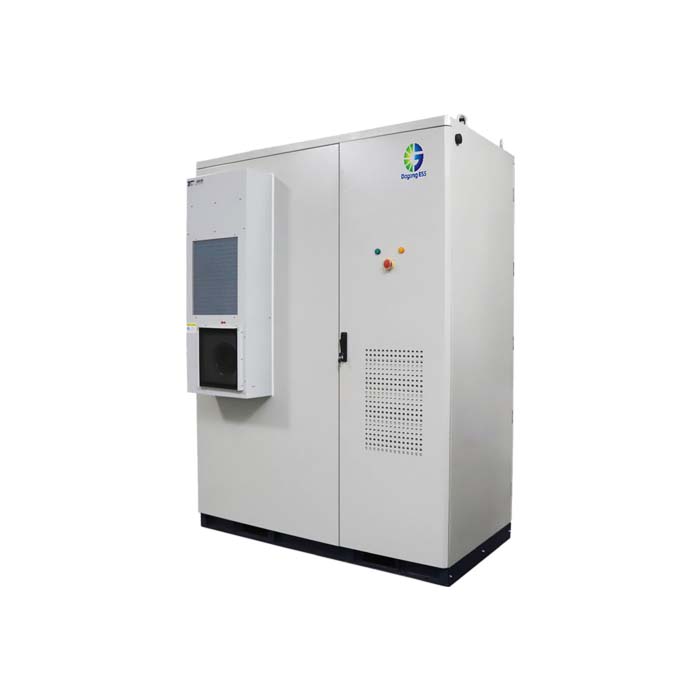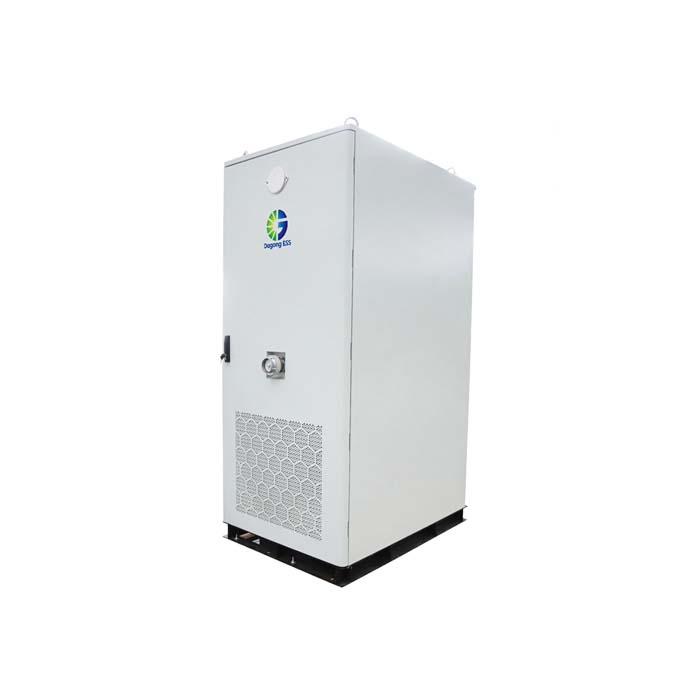What is the Difference Between UPS and BESS?
What is UPS and BESS?
UPS (Uninterruptible Power Supply) is a device that provides instant backup power when the main power source fails. It is primarily designed to prevent power interruptions for critical loads like servers, data centers, and medical equipment.
BESS (Battery Energy Storage System) is a large-scale battery-based system designed to store electricity and release it when needed. Unlike UPS, BESS is used not only for backup power but also for energy management, peak shaving, load shifting, and renewable energy integration.
Types of UPS and BESS
UPS Types:
Offline/Standby UPS
Line-Interactive UPS
Online Double-Conversion UPS
BESS Types:
Residential BESS (5–80kWh)
Commercial & Industrial (C&I) BESS (100–372kWh)
Utility-Scale BESS (1MWh-6.67MWh)
Air-Cooled and Liquid-Cooled BESS
Features of UPS and BESS
| Feature | UPS | BESS |
|---|---|---|
| Backup Time | Short-term (minutes) | Medium to long-term (hours) |
| Response Time | Instant (milliseconds) | Fast, but not as instantaneous as UPS |
| Energy Management | Not supported | Supports EMS functions |
| Integration with Solar | Rarely supported | Often integrated with PV systems |
| Scalability | Limited | Highly scalable |
| Use Case Focus | Power continuity | Energy optimization & storage |
Applications of UPS and BESS
UPS Applications:
Data centers
Hospitals and medical labs
Banking systems
Emergency communication systems
BESS Applications:
Solar and wind energy storage
Peak shaving and load shifting
Microgrids
Commercial and industrial power backup
EV charging stations
Price of UPS and BESS
The price of the UPS and BESS is based on EXW (Ex Works) terms and may vary depending on the supplier, quantity, and market conditions.You may need to request a quote from a reputable energy storage system supplier to get the most accurate pricing. Please note that the final costs may vary based on fluctuations in raw material prices and exchange rates.
How to Select UPS or BESS for Your Project?
Define Your Application: Need backup for a few minutes (UPS) or energy storage for hours (BESS)?
Calculate Load & Runtime: Total power (kW) and duration required.
Check Compatibility: Is solar PV involved? Do you need EMS control?
Consider Space and Cooling: BESS may need more space and cooling options.
Evaluate Cost vs. Benefit: UPS is cheaper short-term; BESS offers long-term energy savings.
How Long Does UPS and BESS Last?
| System | Typical Lifespan | Battery Replacement |
|---|---|---|
| UPS | 5–10 years | Every 3–5 years |
| BESS | 10–15 years | After 6,000–8,000 cycles |
The Supplier of BESS | Dagong ESS
Dagong ESS(Dagong New Energy) focus on comprehensive solutions for new energy intelligent equipment.If you are looking for BESS or want to know more about the technical information, Feel free to reach out to us by sending an inquiry to our corporate email at sales@dagongess.com, or simply visit the "Contact Us" page on our website to leave your message. We will respond to you promptly.


